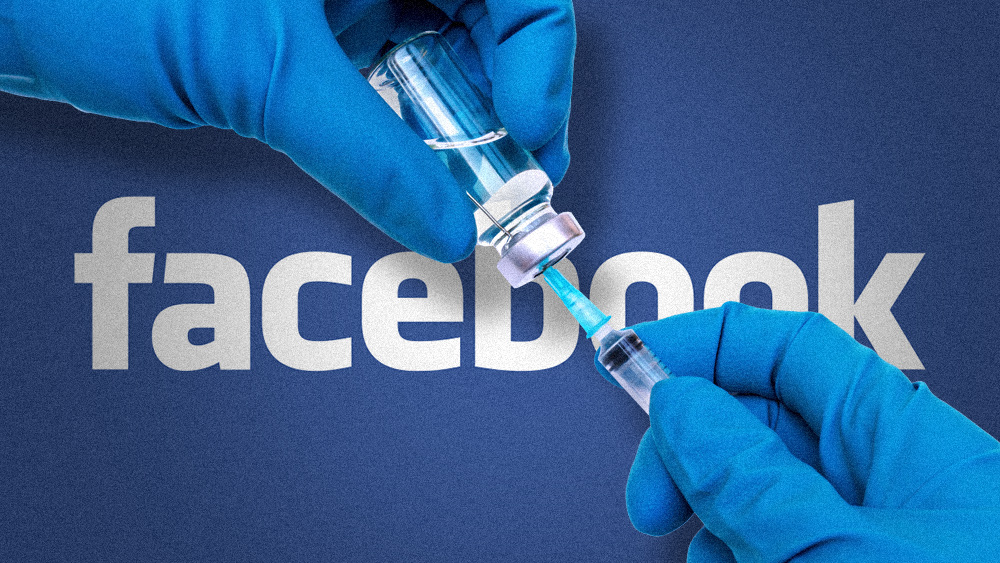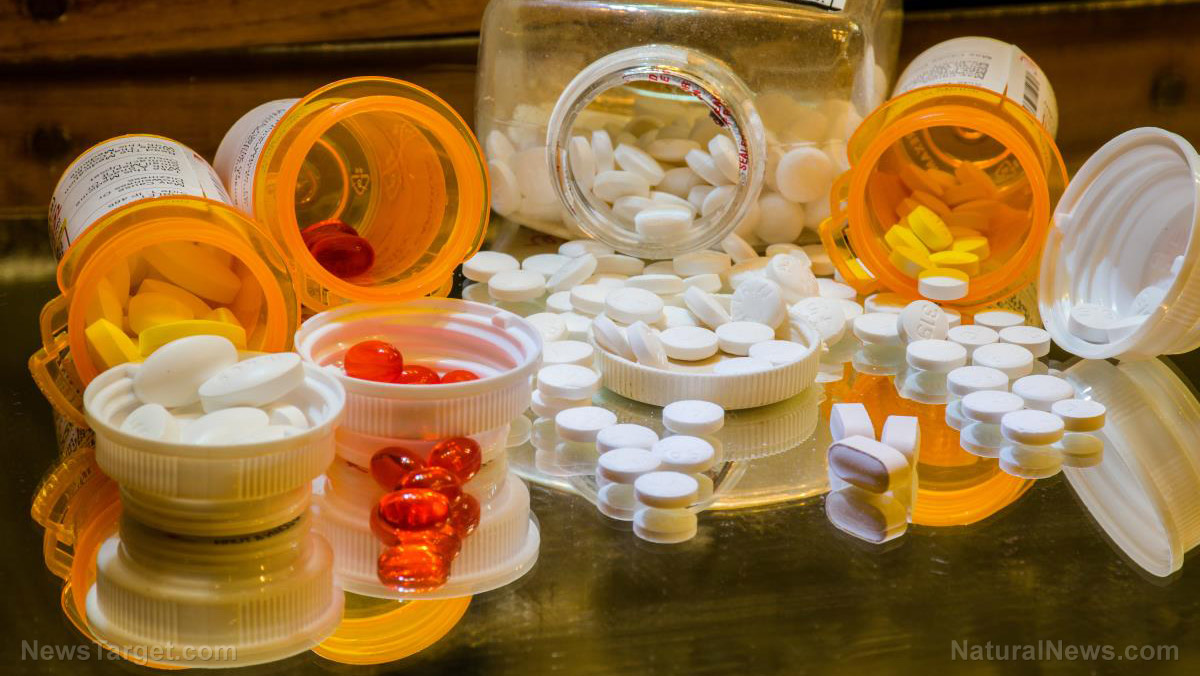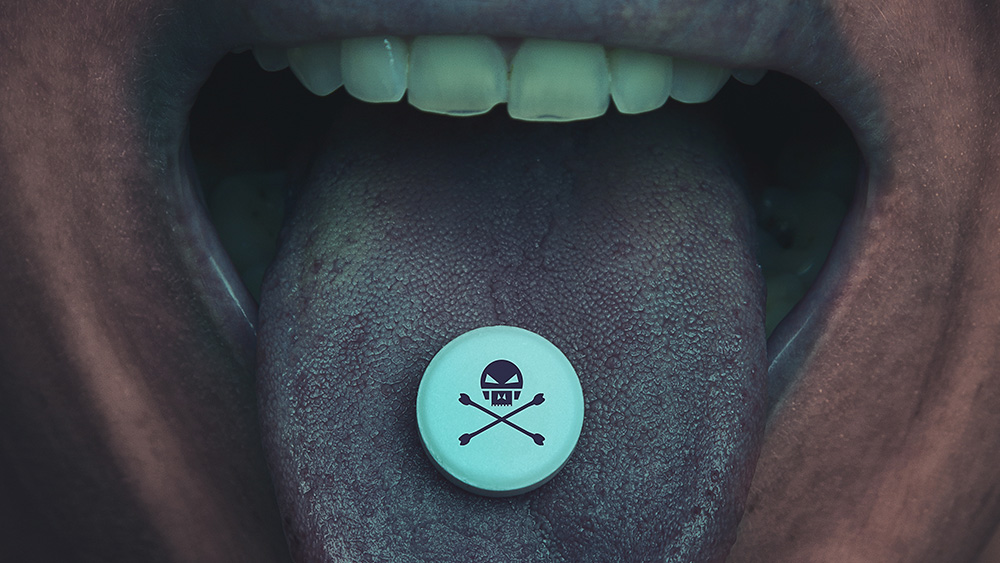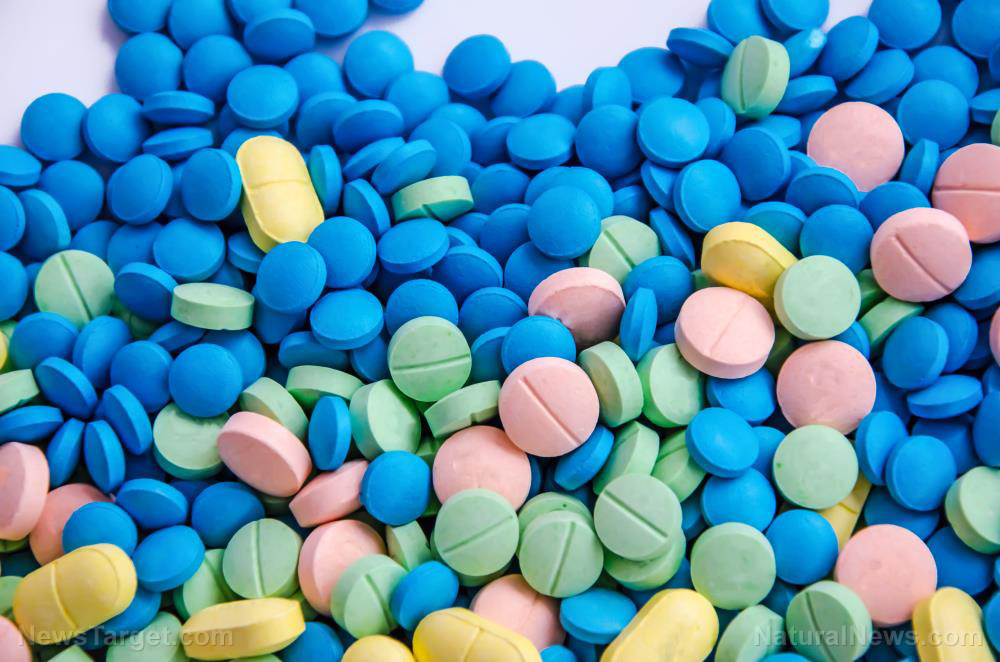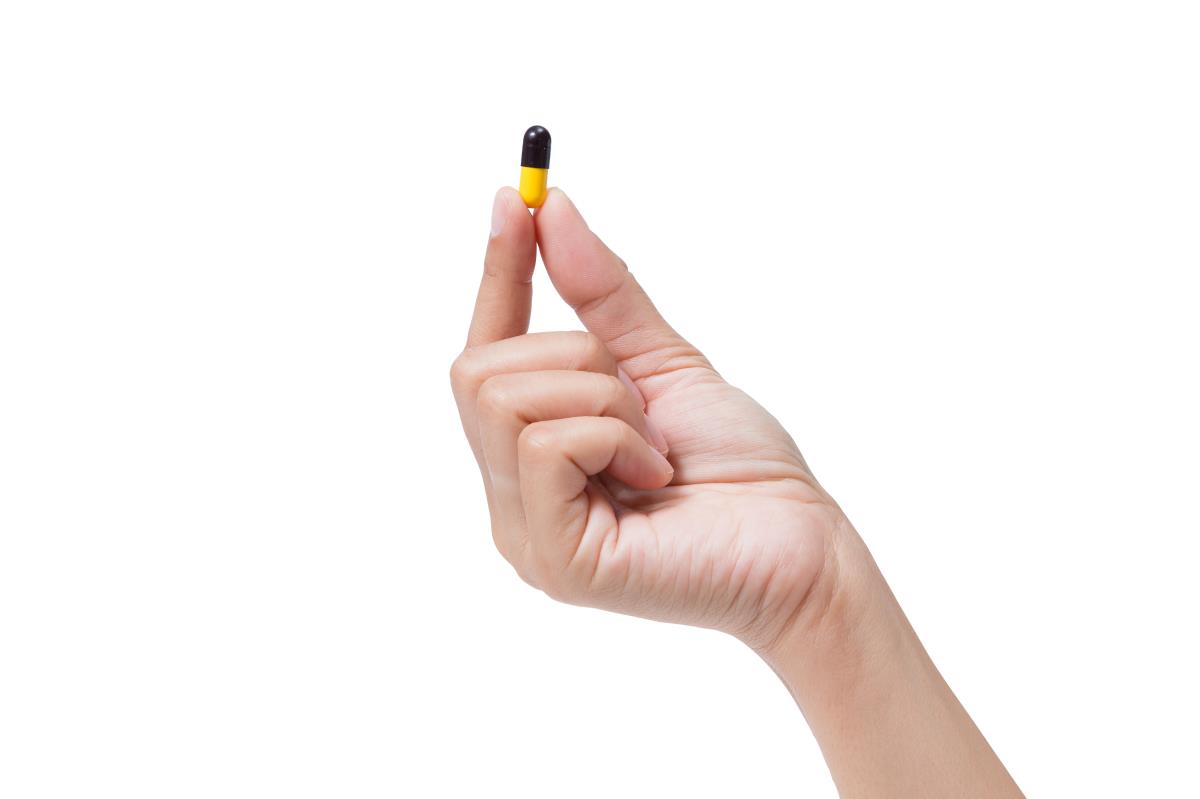Drugs for gastrointestinal conditions linked to increased risk of DEATH
12/06/2019 / By Isabelle Z.
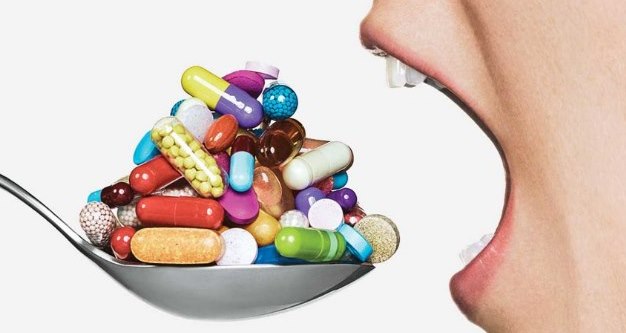
Gastrointestinal conditions are no walk in the park, and many people turn to prescription drugs to find relief or even get through their daily activities. Unfortunately, many of these drugs can cause a long list of unpleasant side effects, including the ultimate adverse effect: death.
Take the example of proton pump inhibitors, or PPIs, These are typically given to people who suffer from excessive acid production for problems like heartburn, acid refux and ulcers. This group of medications includes drugs like Prilosec, Prevacid, Nexium, Protonix, and Aciphex, among others. Right now, more than 15 million Americans take prescription PPIs and millions more take over-the-counter versions of these drugs, often for long periods of time and without a doctor’s guidance.
A study in the BMJ showed that these popular meds can increase people’s risk of dying from a variety of chronic health conditions. In the study, researchers from Washington University School of Medicine looked at the medical records of patients in the U.S. Department of Veterans Affairs.
During the period they studied from mid-2002 to mid-2004, more than 157,000 people were prescribed PPIs, while more than 56,000 took another type of acid suppressant, H2 blockers.
After following the participants for a decade, they used their data to create a statistical model, which estimated 45.2 extra deaths for every 1,000 people who take PPIs. The death rates for cardiovascular disease were calculated at 88.7 per 1,0000 individuals taking PPIs and 73.3 per 1,000 individuals taking H2 blockers. They also found causes of death related to stomach cancer at rates of 4.3 deaths per 1,000 in the PPI group and 4.6 per 1,000 in the H2 blocker group. The figures for chronic kidney disease deaths in the two groups were 8.6 and 4.4 per 1,000 people, respectively.
They also revealed that death was higher for those whose treatment was longer, even when the patients’ doses were lower. Perhaps most disturbingly, however, they discovered that more than half of the people who took PPIs actually had no medical need for the drugs.
The study’ senior investigator, Dr. Ziyad Al-Aly, who is a clinical epidemiologist and nephrologist, commented: “Most alarming to me is that serious harm may be experienced by people who are on PPIs but may not need them. Overuse is not devoid of harm.”
Researchers call for better warnings on PPIs
He said that clear warnings should be placed on PPIs that are sold over the counter explaining the potential for serious health risks, along with a warning about the importance of limiting the use of such drugs to less than 14 days. He said those who feel they need these medications for longer should consult with their physician as taking them for many months or even years is clearly unsafe.
Dr. Al-Aly’s team plans to investigate the dangerous health effects of PPIs further, especially among those who have the highest risk.
Other studies have linked the use of PPIs to health issues such as heart disease, pneumonia, bone fractures and dementia.
These findings highlight the importance of avoiding PPIs, and medications in general, when they are not medically necessary. For those who do legitimately need such drugs, the smallest effective dose should be used for the shortest amount of time possible.
Once again, we have a case of a prescription drug potentially causing side effects that are worse than the ailment it is intended to treat. That’s why it’s so important to take your health into your own hands and investigate any medications that you are considering taking.
Sources for this article include:
Tagged Under: acid reflux, Big Pharma, deadly side effects, healthcare, heartburn, PPIs, Prevacid, Prilosec, Proton pump inhibitors, toxic ingredients
RECENT NEWS & ARTICLES
PrescriptionWarning.com is a fact-based public education website published by Prescription Warning Features, LLC.
All content copyright © 2018 by Prescription Warning Features, LLC.
Contact Us with Tips or Corrections
All trademarks, registered trademarks and servicemarks mentioned on this site are the property of their respective owners.




